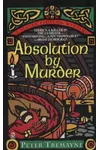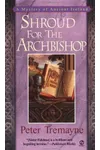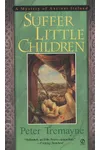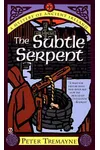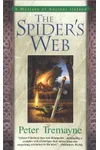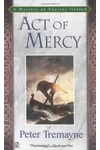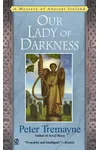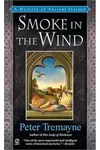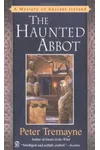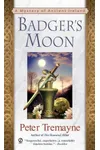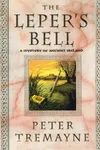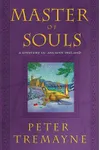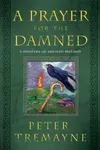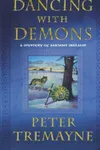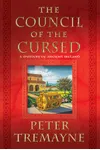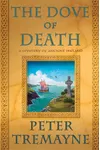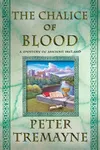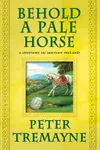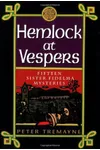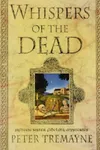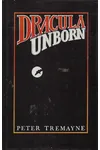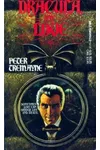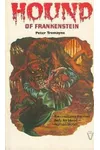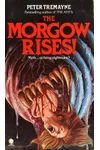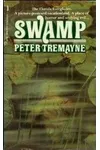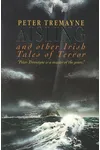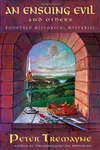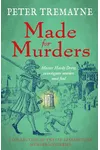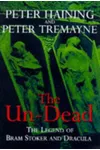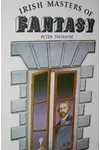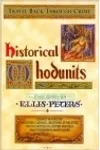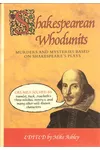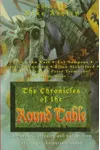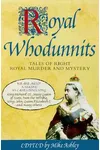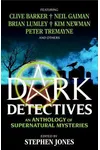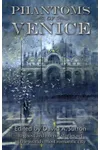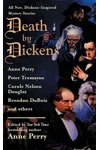Picture a British storyteller who spun tales of 7th-century Ireland with the flair of a Celtic bard—meet Peter Tremayne! Writing under this pseudonym, Peter Berresford Ellis has captivated readers with his Sister Fidelma mysteries, blending historical intrigue with whip-smart detective work. A historian turned novelist, Tremayne’s knack for vivid settings and meticulous research has made him a luminary in historical fiction.
Born in Coventry, England, Tremayne’s Celtic roots and scholarly passion for Ireland’s past set the stage for a career that’s as vibrant as a Dublin festival. With over 98 books, including 55 as Tremayne, his stories transport readers to an era where nuns could be lawyers and mysteries lurked in ancient abbeys.
The Making of Peter Tremayne
Born on March 10, 1943, Peter Berresford Ellis grew up steeped in Celtic culture, thanks to his Irish father and Breton ancestry. His father’s journalism career on the Cork Examiner sparked a love for storytelling, while his academic journey in Celtic Studies earned him a first-class honors degree and a master’s. Initially a journalist, Ellis transitioned to full-time writing in 1975, adopting the Tremayne pseudonym— inspired by a Cornish locale—to pen his now-iconic mysteries.
His early works, like the 1977 horror novel Hound of Frankenstein, showed his versatility, but it was the 1993 short story Murder in Repose that birthed Sister Fidelma. Encouraged by its success, Tremayne launched a series that would redefine historical whodunits, drawing on his expertise in Brehon law and 7th-century Ireland.
Peter Tremayne’s Unforgettable Stories
The Sister Fidelma series, starting with Absolution by Murder (1994), follows Fidelma, a feisty Irish nun and legal advocate, as she solves crimes across 7th-century Europe. Set during the Synod of Whitby, this debut pits Fidelma against religious and political intrigue, with her Saxon sidekick, Brother Eadulf, adding wit and tension. The series, now spanning 36 novels, is lauded for its rich historical detail and clever plotting.
Standouts include Shroud for the Archbishop (1995), where Fidelma investigates a murder in Rome, and The Chalice of Blood (2010), a gripping tale of personal and political betrayal. Tremayne’s style weaves authentic Brehon law practices with themes of gender equality and cultural clashes, making each mystery a vivid history lesson. His short story collections, like Hemlock at Vespers (2000), offer bite-sized glimpses into Fidelma’s world, perfect for fans craving quick thrills.
Beyond Fidelma, Tremayne’s horror and adventure novels under pseudonyms like Peter MacAlan showcase his range, but it’s his ability to make ancient Ireland feel alive—monasteries, legal debates, and all—that keeps readers hooked.
Why Peter Tremayne Matters
Tremayne’s work has left an indelible mark on historical fiction, earning him accolades like the 1989 Irish Post Award and a 2004 civic honor from Cashel. His portrayal of a strong, independent Fidelma challenges stereotypes about medieval women, resonating with modern readers. The International Sister Fidelma Society and biennial conferences in Cashel underscore his global fanbase, proving his stories transcend time and place.
By blending scholarship with storytelling, Tremayne has illuminated Ireland’s Golden Age, making 7th-century culture accessible and thrilling. His influence extends to inspiring new historical mystery writers, cementing his legacy as a bridge between past and present.
- Born: March 10, 1943, Coventry, England
- Key Works: Absolution by Murder, Shroud for the Archbishop, The Chalice of Blood
- Awards: Irish Post Award (1989), Cashel Civic Award (2004)
- Pseudonyms: Peter Tremayne, Peter MacAlan
Snag Absolution by Murder and dive into Peter Tremayne’s thrilling world of Celtic mysteries!
